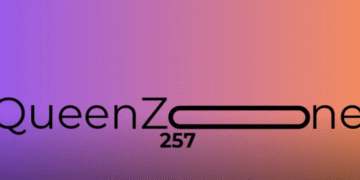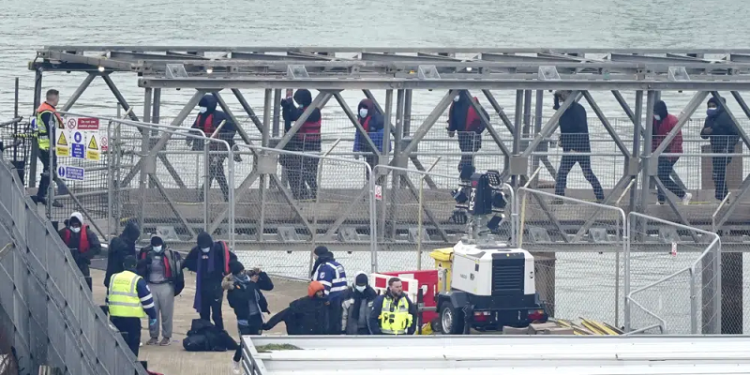On Monday, the UK government declared its intention to prohibit individuals who arrive in the country via small boats across the English Channel from settling permanently. The proposed legislation, which is set to be unveiled on Tuesday, will prevent those who enter the UK through unauthorized means from making asylum claims and will require the government to detain and deport them to their home or a secure third country. Prime Minister Rishi Sunak asserted that the new law would put an end to the dangerous and unethical practices of smugglers who send vulnerable people on perilous journeys through one of the world’s busiest waterways.
Critics have voiced concerns that the proposed plan is both unethical and impractical, given that individuals fleeing war and persecution cannot be sent back to their home countries, and is likely to be another unfulfilled promise on immigration made by successive UK governments. While the UK receives a lower number of asylum-seekers than some other European countries, with nine arrivals per 100,000 people in 2021 compared to the EU average of 16 per 100,000, thousands of migrants from across the globe travel to northern France annually in the hope of reaching the UK. As authorities have tightened controls on other routes, such as stowing away on buses or trucks, most now attempt the perilous crossing on dinghies and other small boats.
The number of people who arrived in Britain by boat rose from 8,500 in 2020 to 28,000 in 2021 and further to over 45,000 in 2022. Most of them have subsequently applied for asylum, but a backlog of over 160,000 cases has left many stranded in cramped processing centers or hotels without the right to work.
Protests outside hotels housing asylum-seekers, some involving far-right groups, have turned violent. In a demonstration near Liverpool last month, protesters set a police van ablaze.
The English Channel journey can be as short as 30 miles (42 kilometers) and is less hazardous than other migration routes across the Mediterranean, where a shipwreck in Italy’s southern coast killed at least 70 people on February 26. Nonetheless, several individuals have perished while attempting the crossing, including 27 in November 2021 when an overcrowded boat capsized.
The British government argues that many of those undertaking the journey are economic migrants rather than refugees, citing a surge in arrivals from Albania, a European country deemed safe by the UK.
According to refugee groups, the majority of individuals arriving in the UK via the English Channel are escaping war, persecution, or famine in countries such as Afghanistan, Iran, and Iraq. Most of those who have had their claims processed have been granted asylum in the UK.
Stopping boat arrivals has been one of Prime Minister Rishi Sunak’s “five pledges” to voters, alongside reducing inflation, promoting economic growth, cutting the national debt, and decreasing healthcare waiting lists. However, previous high-profile immigration policies have faced opposition, such as a plan announced last year to send migrants arriving in Britain on a one-way trip to Rwanda, which is entangled in legal challenges.
Collaboration with France on stopping boat arrivals has stalled as a result of Britain’s acrimonious exit from the European Union, but relations between the UK and EU have improved since Sunak took office in October. In November, the UK and France signed an agreement to intensify police patrols on beaches in northern France, and Sunak aims to strengthen further cooperation during a UK-France summit on Friday when he meets with President Emmanuel Macron.
In addition to pressure from within his Conservative Party for stronger measures, including withdrawing from the European Convention on Human Rights, Prime Minister Rishi Sunak is also facing criticism from refugee charities and human rights groups. They argue that many migrants take the risky journey across the Channel because there are few legal and safe ways to enter the UK. The government plans to create additional legal asylum routes, building on those established for Afghanistan, Hong Kong, and Ukraine, but has not yet provided specifics.
Enver Solomon, chief executive of the Refugee Council, believes that the government’s flawed legislation will not deter boat arrivals, but will result in tens of thousands of individuals being detained at great expense and remaining in limbo, treated as criminals simply for seeking asylum. He contends that the plan is unworkable, costly, and will not prevent boat journeys.





























